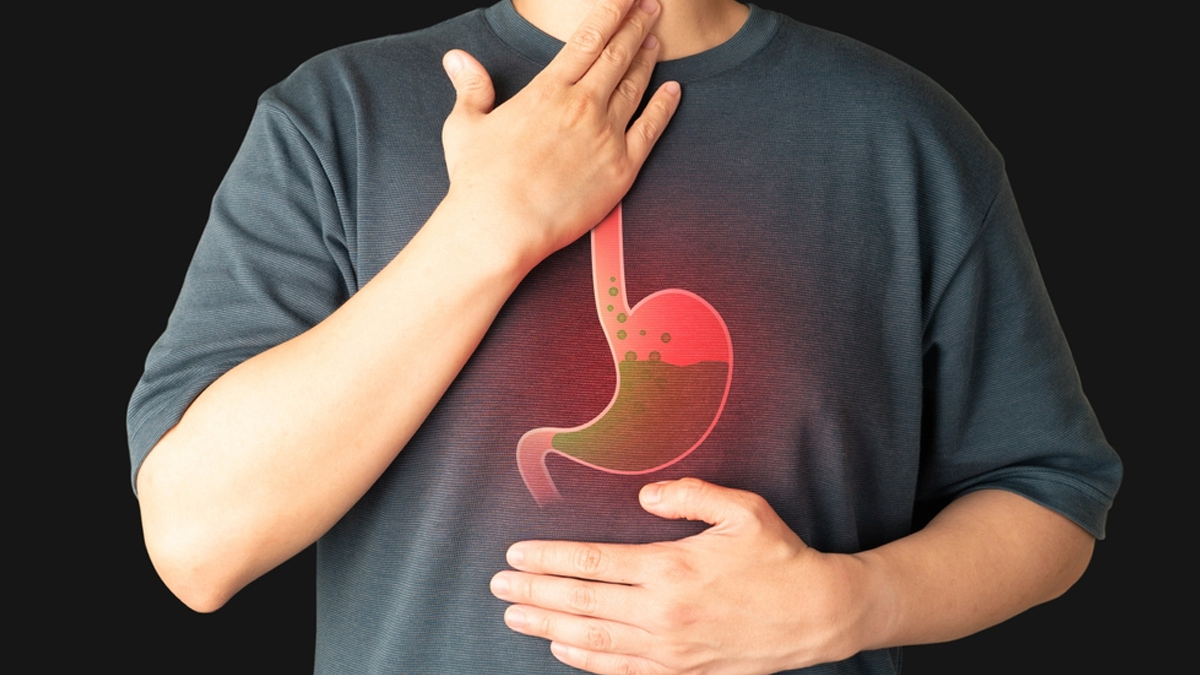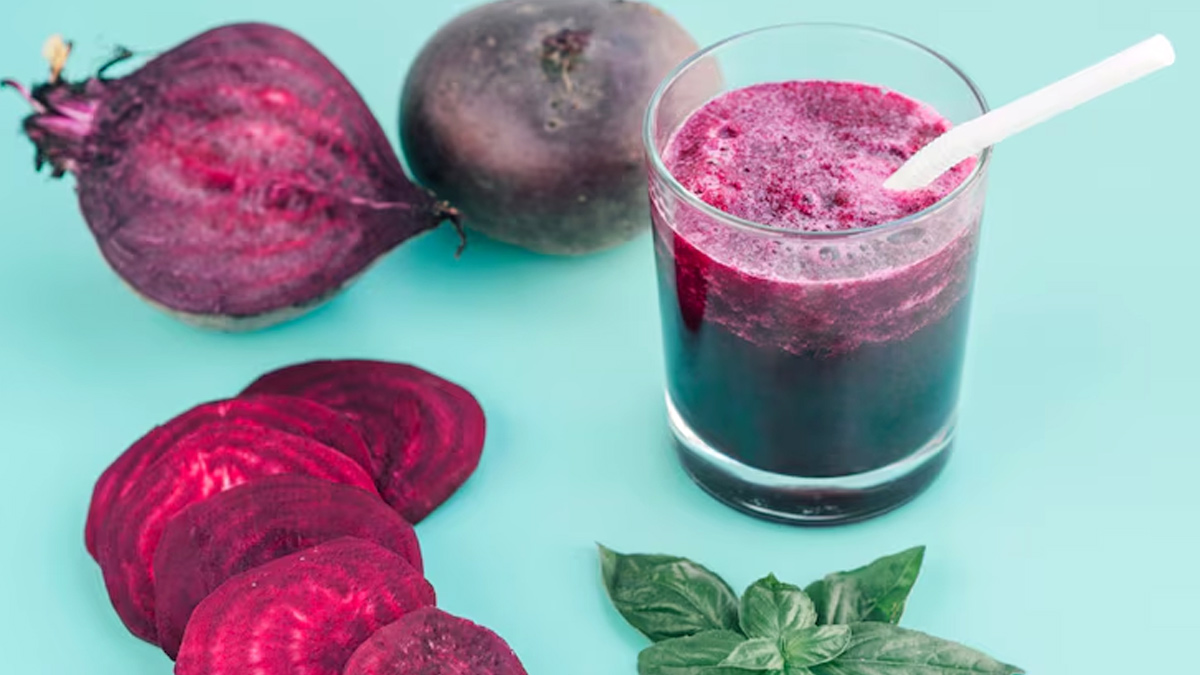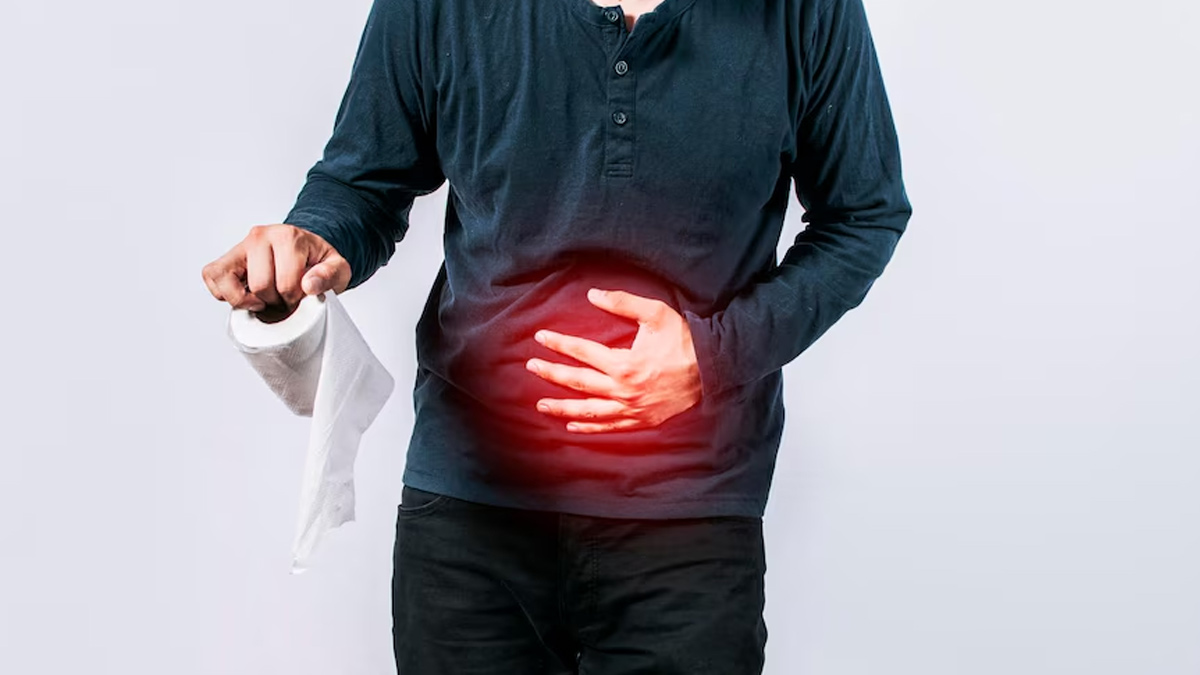
Noticing black stools can be an alarming experience, especially when you're unsure of the cause. While it might seem like a minor change, black stools can often indicate underlying health issues that require attention. From dietary choices to more serious conditions like gastrointestinal bleeding, understanding the potential reasons behind this change is crucial. If you experience black coloured stools frequently, then this article is for you to read.
Table of Content:-
To understand what are black stools and why do they occur, OnlyMyHealth team interacted with Dr Kiran Dhake, Corporate Wellness Physician, Mumbai.
Explaining, Dr Dhake said, “Black stools, medically termed as melena (true variety), are often pathological and can have a variety of causative factors. Some may indicate potentially progressive diseases that require medical attention at early stages to prevent complications.”
The common causes of black stools listed by Dr Dhake are as follows:
1. Gastrointestinal Bleeding

Any source of bleeding in the upper digestive tract or the ascending portion of the colon can lead to black stool formation, as per Dr Dhake. The dark colour of the stool is a result of blood being digested as it moves through the digestive tract.
Potential sources of bleeding leading to black stools include:
Peptic ulcer disease: Single or multiple sore lesions in the lining of the stomach or duodenum.
Gastritis or esophagitis: Inflammation of the oesophagus (food pipe) and stomach lining.

Oesophageal varices: Swollen, puffed-up veins in the lower end of the oesophagus, most commonly due to chronic liver disease, often bleed, leading to black stools.
Mallory-Weiss tears: Tears in the oesophagus lining due to severe bouts of violent vomiting.
Complete tear in the stomach lining: This type of lesion—called as perforation of the intestine-- can be potentially fatal and may give rise to black stools.
Cancer: Tumours in the oesophagus, stomach, or pancreas.
Meckel’s diverticulum: A birth defect in the small intestine.
Rare viral infections: For example, viral fever due to the Ebola virus.
Also read: What It Means To Feel Dizzy And Faint While Passing Stool
2. Medications and Supplements

Anti-clotting medications: “Warfarin or rivaroxaban are known to cause bleeding at various sites, including the digestive tract,” Dr Dhake said.
- Iron supplements: Consumption of iron supplements can cause stools to appear black.
- Bismuth-containing medications (e.g. Pepto-Bismol).
- Medications containing Lead.
- Excessive usage of painkillers: Can damage the stomach lining and may cause bleeding in the GI tract.
3. Dietary Causes

The most common cause that scares the hell out of you is dietary choices. Most of us have experienced being scared due to the occurrence of black stools, however, it turns out the beetroot salad you ate yesterday caused it. Dr Dhake said, “Certain food items such as black licorice, blueberries, certain varieties of sausages, beetroot, and food items with dark food colouring can result in black stools.”
4. Medical Conditions
Chronic liver disease: According to Dr Dhake, this disease leads to bleeding lesions around the lower end of the oesophagus or around the rectum, which could bleed, resulting in black stools.
Bleeding disorders: Conditions such as haemophilia or thrombocytopenia (low platelet count) due to a variety of reasons.
Also read: White Stool: What Does It Indicate?

5. Others
Swallowed blood from a nosebleed could be one of the rare causes of black stools.
Conclusion
It is crucial to identify the cause of black stools, whether it is the false variety (due to dietary causes or medications) or the true variety (due to GI disorders or medical conditions). Concluding, Dr Dhake said, “It is also important to identify the associated symptoms, such as abdominal pain, vomiting blood, dizziness, and fatigue. Based on these factors, medical evaluation must be sought at the earliest to ascertain the underlying cause and receive appropriate treatment.”
Also watch this video
Read Next
Which Vaccines Do You Need As An Adult? Here’s What You Should Know About Adult Immunisation
How we keep this article up to date:
We work with experts and keep a close eye on the latest in health and wellness. Whenever there is a new research or helpful information, we update our articles with accurate and useful advice.
Current Version